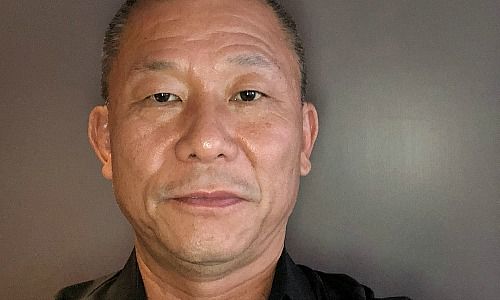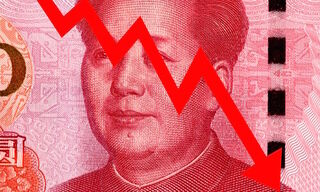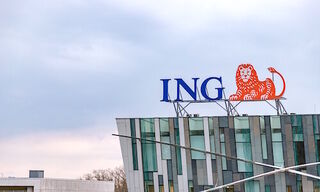UiPath is expanding in Asia. The robotic process automation firm based in Hong Kong has its eyes on the wealth and investment management sectors, Vice President Thomas Chin tells finews.asia.
Thomas Chin, how is Robotic process automation (RPA) relevant to the wealth management industry?
It allows wealth managers to do more with less. In Asia we have seen significant growth in wealth since the global financial crisis. The number of wealth managers has not kept up with this massive growth, though, resulting in too few wealth managers servicing too many clients.
This is where automation comes in. RPA can help in a variety of ways, including automating many of the repetitive, box ticking compliance tasks that burden wealth managers, freeing up employees to do higher value work that requires judgement and creativity.
«Know your customer processes can also be partially automated»
RPA digital assistants are also able to work behind the scenes 24 hours a day, 7 days a week and with virtually zero errors.RPA also delivers cost savings, our solutions were implemented by Japan’s Sumitomo Mitsui Banking Corporation, who to date have saved over a million-man hours (without a single forced layoff), and projects cost reductions of $450 million by 2020.
What tasks is RPA able to automate in the wealth industry?
Compliance and risk operations can be automated through RPA with suspicious transactions and other activities automatically logged. Know your customer (KYC) processes can also be partially automated, helping firms meet regulatory requirements, as can anti money laundering (AML) processes. Some investment firms leverage RPA to organise and manage resources during periods of high activity.
In asset management, RPA can automate trade exception handling, identifying price differences for the purchase of a security and even writing and sending e-mails to investment managers or brokers.
«You need to think very carefully about what you want to automate»
Fund administration processes such as tax filing, data validation, budget forecasts and other tasks can also be automated. There are many other opportunities for automation on top of these, but essentially what we would look for are tasks that are repetitive and rules-based.
How difficult is it for banks to implement RPA?
As with all tech implementation projects, the way RPA implementation is conceptualised, planned, strategized and executed is key. While on one level, RPA is not difficult to implement – you place it «on top of» existing IT systems with no changes to the underlying code – yet you need to think very carefully about what you want to automate, what your end goals are.
In wealth management, while there are probably less repetitive, rules-based tasks than in retail banking or other industries, there will still be tasks that can be automated and automated in a way that will augment the team as a whole.
«Banks need to have this in mind when considering RPA»
That is the most important part when it comes to automation, in that our digital assistants augment humans, they don’t replace them.
In the context of wealth management, it means that financial advisors will be able to do more with less, they will be able to not only handle more clients, but actually provide a higher level of service to more clients, rather than just focusing on the top three or four most profitable ones.
Banks need to have this in mind when considering RPA, it is not just about cost savings, but it should be about how it can enable the team to do more, with less.
What is UiPath’s current presence in Asia?
The financial services sector is a big target for us, especially private and investment banking. These sectors have been a bit more traditional in outlook and have reticent to take up technology such as RPA, especially given the highly personalised nature of the industry. But we are beginning to see this change.
«UiPath is looking to expand into China and beyond this year»
UiPath currently has offices in Singapore, Hong Kong, South Korea and Japan and we are looking to expand into China and beyond this year. Asia is beginning to wake up to the power of RPA, which is applicable to so many of the diverse economies in the region. For countries such as China RPA can help the transition to a more services, technology-led economy.
Thomas Chin is the vice president of sales for Asia Pacific at Robotic Process Automation (RPA) software company UiPath. Based in Hong Kong, Chin is driving the growth and adoption of RPA solutions among companies large and small in Asia.























